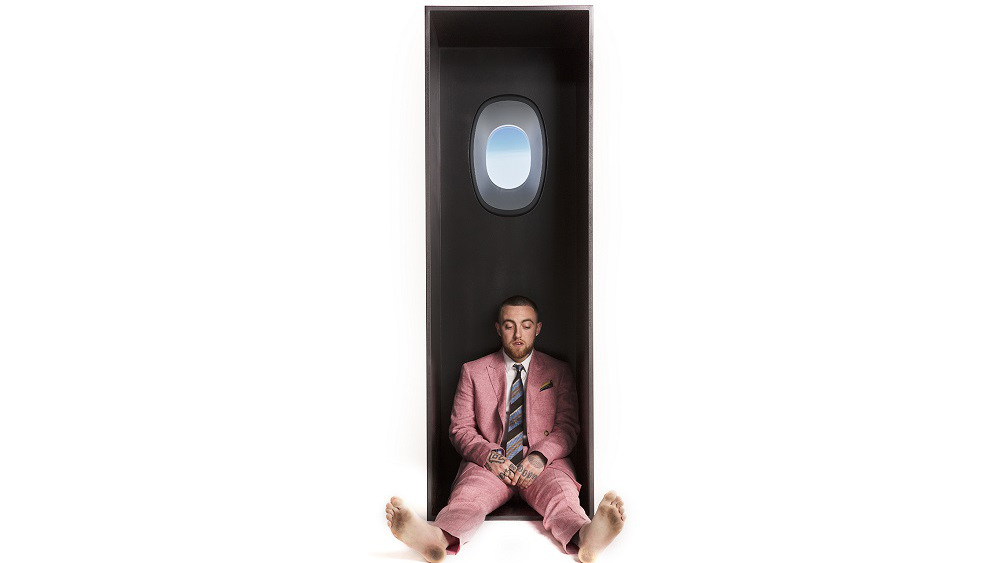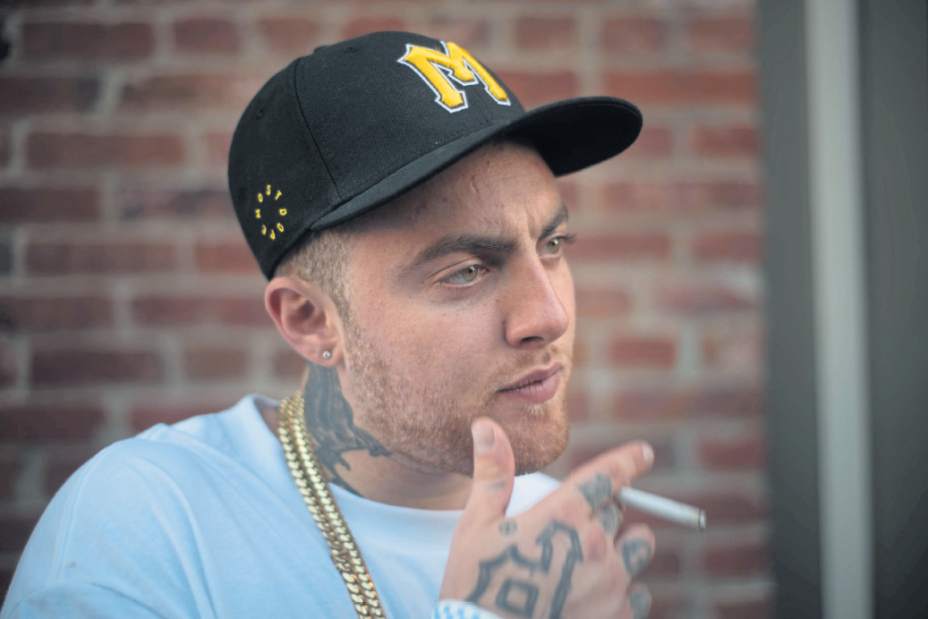Drug use has been high profile in the Hip-Hop community for many years. This issue with drug abuse has become more and more glamorized with the use of social media outlets like Instagram, Twitter, and Snapchat, as well as the lack of care for one’s mental health. Just recently our music family received another devastating blow, the death of Mac Miller. Mac Miller, born Malcolm McCormick, was found in his home, September 7, 2018, of an alleged drug overdose. He was only 26. One of Pittsburgh’s most promising artist, Mac began rapping at age 15 releasing his first mixtape titled But My Mackin’ Ain’t Easy in 2007. He was later signed to Rostrum Records in 2010, where he released his most memorable mixtape, K.I.D.S. As his music gained more popularity so did the use of drugs. In an interview he did with Noisey, back in 2013, Mac spoke on his drug use, mainly his addiction to lean, stemming back as young as 15 years old. Since 2013 there have been several interviews with Mac where he has spoken on his drug use and how he used it to help him cope with the pressures of stardom and everyday life. Mac Miller released an album in August titled Swimming where he also spoke heavily about battling his demons of drug abuse. If you listen to his words you can hear that he wanted a turn around in his life like many before have wanted, but unfortunately, he was not able to receive it.

Mac Miller released an album in August titled Swimming where he also spoke heavily about battling his demons of drug abuse.
With Hip-Hop being so widespread and society’s social media use becoming more constant, the glamorization of drug abuse has taken on a new publicized life. “Mask off”, by Future, infectiously repeats “Percocet, Molly

Many other artist’s lives have been cut short as a result of their troubles with drug abuse. Lil Peep passed away November 15, 2017, of a deadly combination of Fentanyl and Xanax on his tour bus before a show he had scheduled for that evening. Ol Dirty Bastard, a member of Wu-Tang Clan, died November 13, 2004, of an overdose of cocaine and the prescription drug tramadol, a prescription drug used to treat severe pain. He had been struggling with drug abuse and mental illness for several years prior to his death. Kriss Kross member Chris Kelly died May 1, 2013, of a mix of cocaine & heroin. So much talent gone due to a terrible trend. Since the passing of Mac Miller, many artists have taken to social media asking friends, fans, and other fellow artists to stop this trend of drug abuse and glamorizing drug use in their music and on social media. If you know anyone that is struggling with these issues it is important that you are able to help them know that there are other options. The Substance abuse & Mental Health Services Administration (SAMHSA) offers a National Helpline that will provide treatment options based on your location. Their number is 800-662-4357. All calls are kept confidential as well as being available 24 hours a day, 7 days a week, year round.
If you are around anyone and they are showing the following symptoms: dramatic changes in their breathing, heavy sweating, reported chest pain or abdominal pain, vomiting, or diarrhea after taking any drugs, call 911 and stay with them until medical help arrives. If we work together we can end this trend and start the detox of Hip-Hop for future generations.
Substance abuse & Mental Health Services Administration (SAMHSA) National Helpline 800-662-4357
#GIGMAG Favorite Albums of 2018
Big K.R.I.T “Trifecta”


